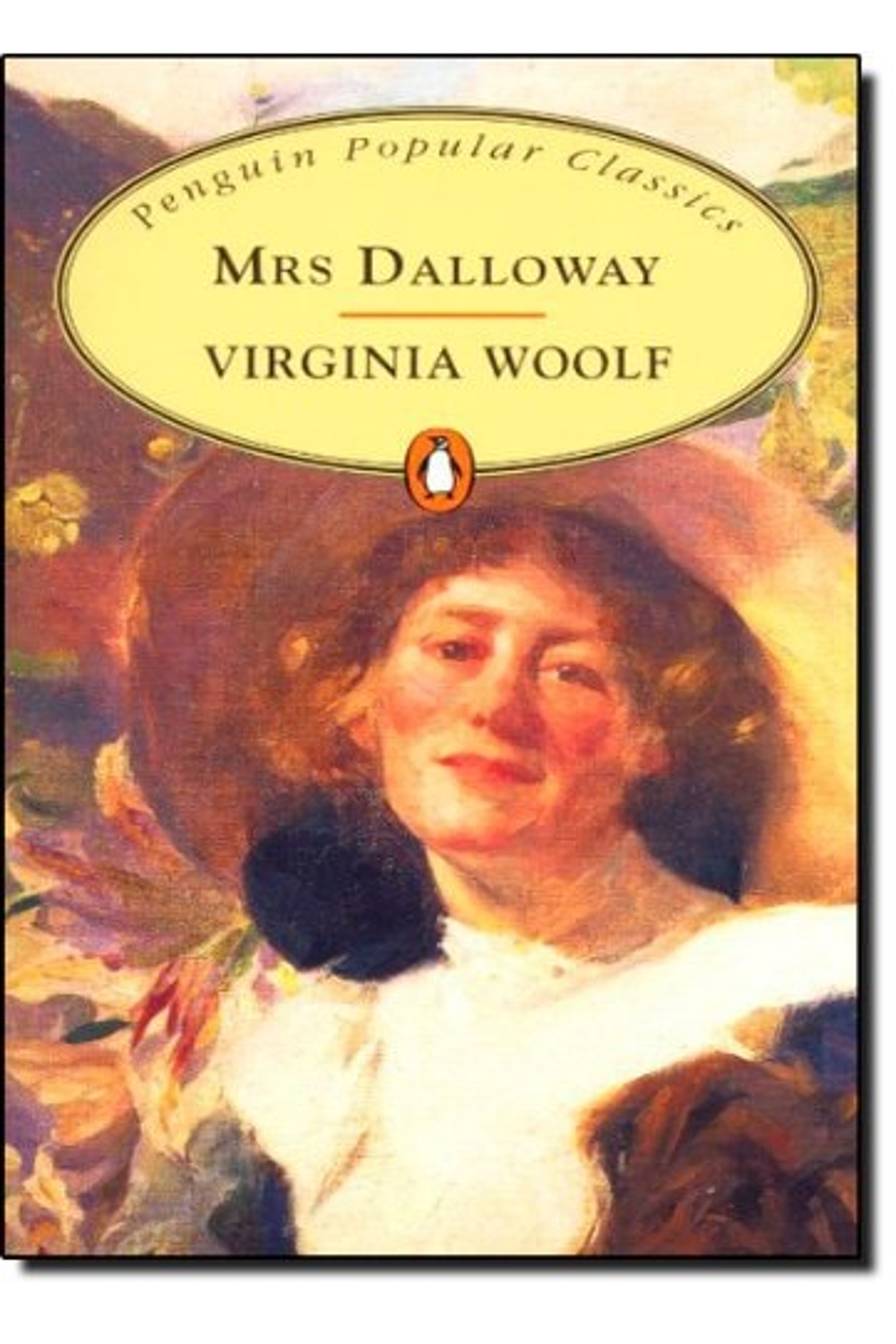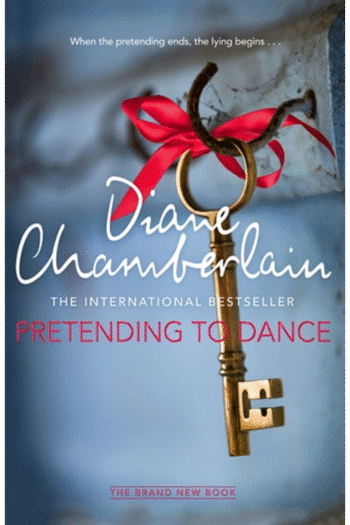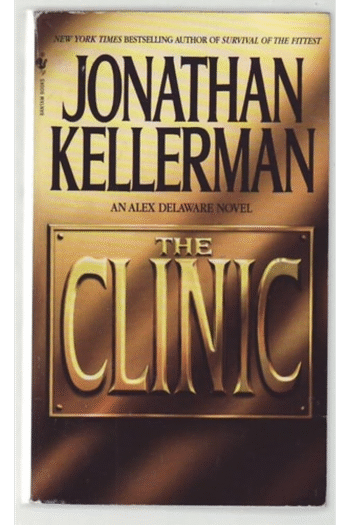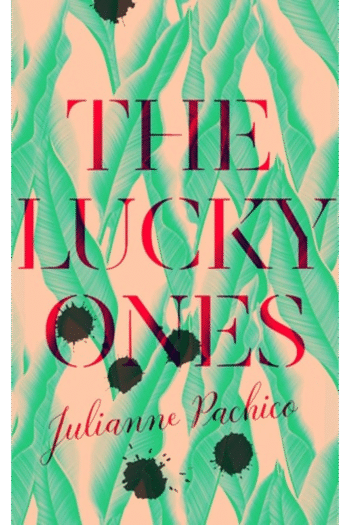Virginia Woolf’s *Mrs. Dalloway (Penguin Essentials)* is a shimmering portrait of a single day in the life of Clarissa Dalloway, a high-society woman in post-World War I London. More than just a snapshot, this novel, published in the 2007 Penguin Essentials edition, expertly weaves together themes of memory, trauma, and the search for meaning in a world grappling with the aftermath of war. Explore Clarissa’s inner world as she prepares for a party, revisiting past loves and grappling with the choices that have shaped her life. Intertwined with her narrative is the story of Septimus Smith, a war veteran battling shell shock, whose experiences offer a poignant counterpoint to Clarissa’s privileged existence. Woolf’s innovative stream-of-consciousness style creates an immersive and deeply personal reading experience, making this edition a perfect entry point to one of the 20th century’s most influential novels. ISBN: 9780140623284. Dive into this relatively short (224 pages), but incredibly powerful work of literary art and be enthralled by this psychological drama. Perfect for fans of British literature, feminist literature, and modernist fiction.
Mrs Dalloway (Penguin Essentials)
27,72 $
In stock
Description
On a June morning in 1923, Clarissa Dalloway, the glittering wife of a Member of Parliament, is preparing for a grand party that evening. As she walks through London, buying flowers, observing life, her thoughts are in the past, and she remembers the time when she was as young as her own daughter Elizabeth; her romance with Peter Walsh, now recently returned from India; and the friends of her youth. Elsewhere in London, Septimus Smith is being driven mad by shell shock. As the day draws to its end, his world and Clarissa’s collide in unexpected ways.
Dive into the stream of consciousness of Virginia Woolf's masterpiece, *Mrs. Dalloway (Penguin Essentials)*, a poignant exploration of life, loss, and the intricate tapestry of human connection in post-World War I London. This 2007 Penguin Essentials edition offers a timeless classic in an accessible format, inviting readers to experience Woolf's groundbreaking narrative style. On a seemingly ordinary June day in 1923, we are drawn into the world of Clarissa Dalloway, a woman of society preparing for a lavish party. As Clarissa navigates the bustling streets of London, buying flowers and observing the city's vibrant life, her thoughts drift back to the pivotal moments of her past. We witness her reflections on youthful love, particularly her complex relationship with the adventurous Peter Walsh, now back from India after many years. The ghosts of past choices and unrealized possibilities haunt her present, prompting introspection on the path her life has taken. She reminisces about her youth and the choices she made then, including her decision to marry Richard Dalloway instead of the passionate Peter. The reasons behind her choices, her happiness in her marriage, and her feelings of constraint come to the forefront. Woolf masterfully interweaves Clarissa's narrative with that of Septimus Smith, a war veteran deeply scarred by the trauma of the trenches. Septimus suffers from debilitating shell shock, now known as PTSD, struggling with hallucinations and profound mental anguish. His experiences paint a stark contrast to Clarissa's privileged existence, highlighting the hidden costs of war and the profound impact on the human psyche. Septimus represents the shattered lives and psychological wounds that lingered long after the armistice. His storyline is a powerful commentary on the societal neglect of veterans and the inadequate treatment of mental illness in the aftermath of the war. As the day unfolds, the lives of Clarissa and Septimus, seemingly disparate, are destined to converge in unexpected and profound ways. The impending party becomes a focal point, a symbol of the social facade that both connects and isolates individuals. Through the inner monologues of her characters, Woolf delves into themes of memory, time, identity, and the search for meaning in a rapidly changing world. The novel challenges traditional narrative structures, offering a fragmented and subjective portrayal of reality. This Penguin Essentials edition, published in 2011, makes this seminal work accessible to a new generation of readers. With 224 pages of compelling prose, it's a relatively short novel, but its impact is immense. The book invites thoughtful consideration on the importance of simple human connection and our shared mortality. More than just a novel, *Mrs. Dalloway* is a profound exploration of the human condition, a testament to the enduring power of Virginia Woolf's literary genius, a must-read for anyone interested in British Literature, modernism, or psychological fiction.
Additional information
| Authors | |
|---|---|
| Binding | |
| Condition | |
| ISBN-10 | 0140623280 |
| ISBN-13 | 9780140623284 |
| Language | |
| Pages | 224 |
| Publisher | |
| Year published | |
| Weight | 125 |
| Edition | 2007 |
SKU: G-9780140623284-5
Categories: British and irish fiction (fictional works by one author), Family Life, Fiction, General, London (england), Married people, Psychological, Women
Related products
-
Pretending to Dance
14,84 $ -
The Lucky Ones
22,95 $ -
EMMA’S BABY [B]
14,51 $
- Additional information
- Currencies
- USD – United States dollar
- EUR – Euro
- GBP – Pound sterling
- CNY – Chinese yuan
- BRL – Brazilian real
- MXN – Mexican peso
- JPY – Japanese yen
- PHP – Philippine peso
- THB – Thai baht
- PLN – Polish złoty
- CAD – Canadian dollar
- MYR – Malaysian ringgit
- AUD – Australian dollar
- TWD – New Taiwan dollar
- CZK – Czech koruna
- SEK – Swedish krona
- HUF – Hungarian forint
- ILS – Israeli new shekel
- CHF – Swiss franc
- HKD – Hong Kong dollar
- DKK – Danish krone
- SGD – Singapore dollar
- NOK – Norwegian krone
- NZD – New Zealand dollar





![EMMA'S BABY [B]](https://www.ubucuu.com/wp-content/uploads/9780857503749-1-350x525.png)